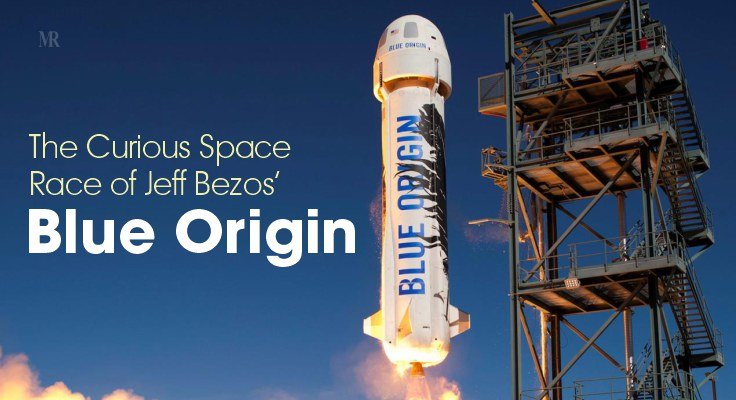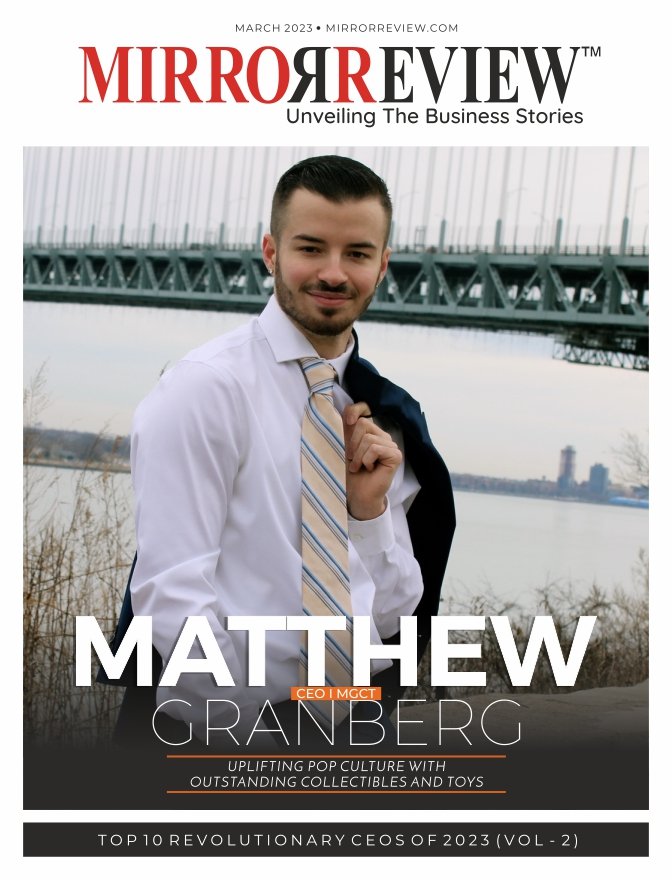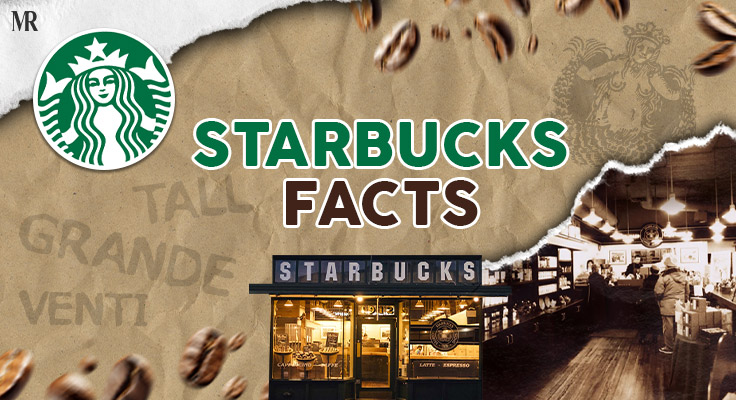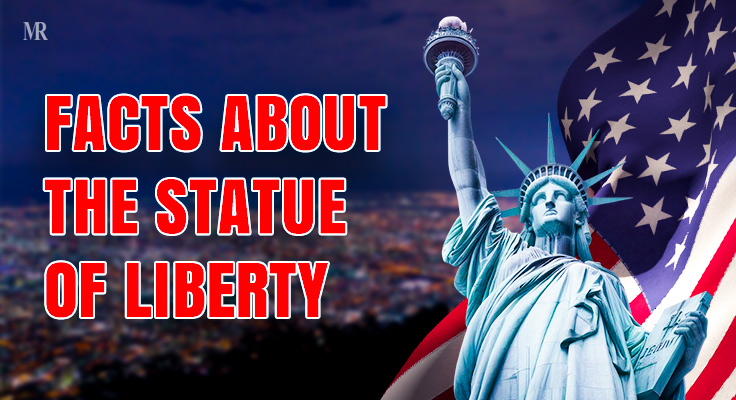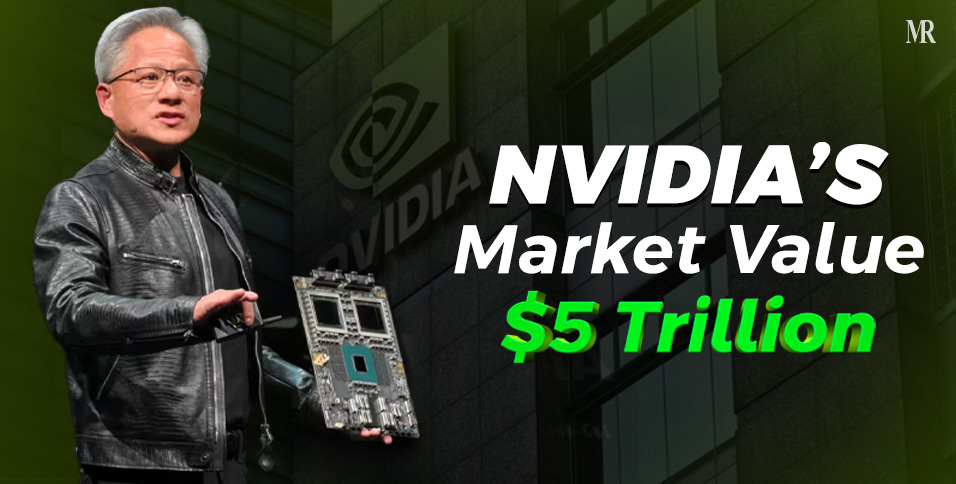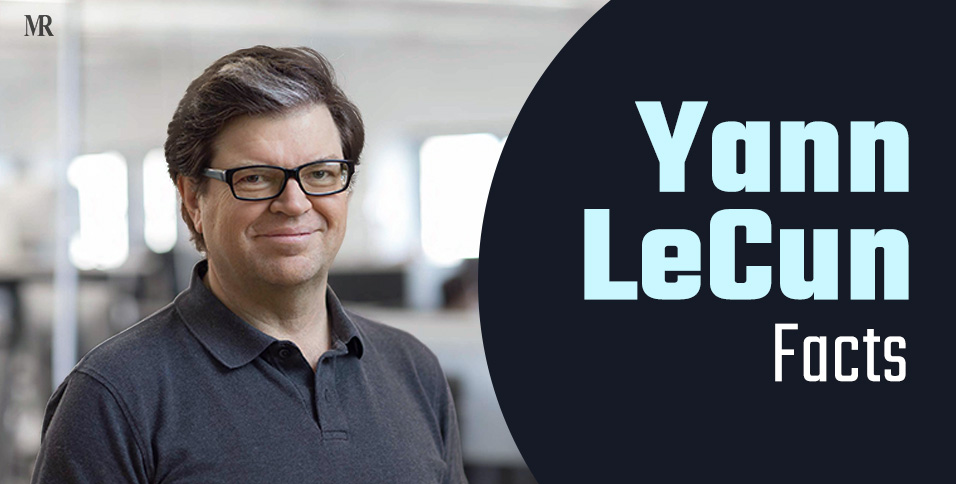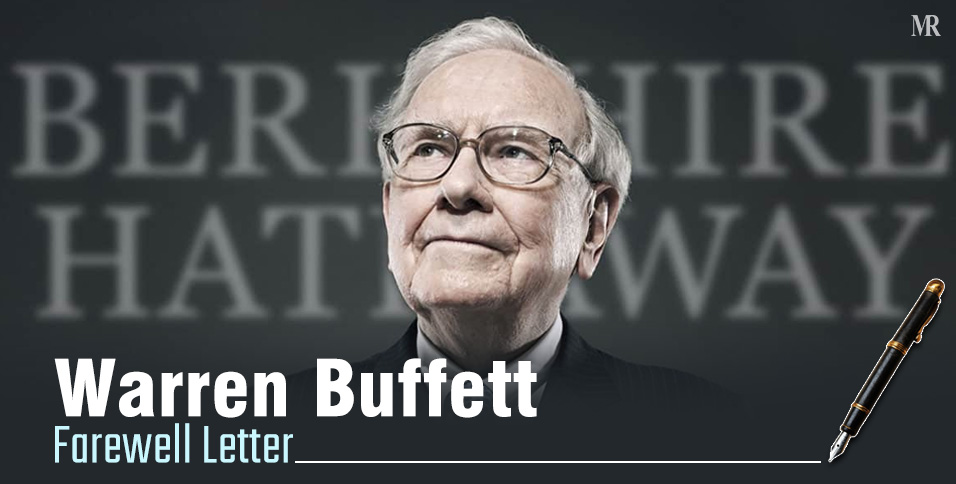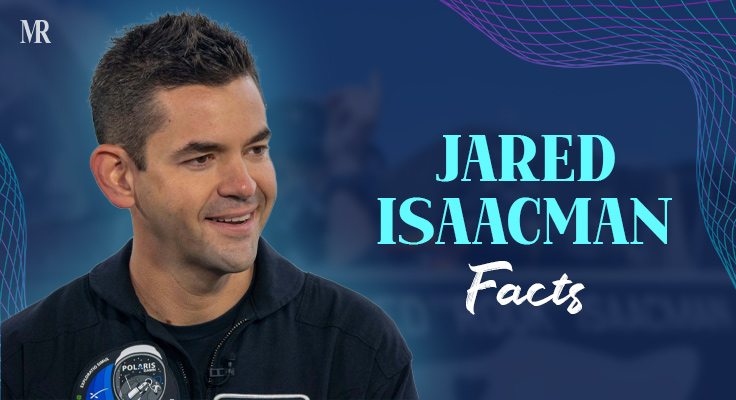As has been the case with many new, complex, and capital-intensive technologies—from fossil fuels to nuclear power to the Internet—government investment has been critical to initial development. Nevertheless, private sector involvement in space travel seems inevitable, despite private companies face fewer political and economic obstacles than most government-run programs. Now a growing number of companies are getting involved in a new sort of space race. Virgin Galactic, Orbital Sciences, SpaceX, and recently included Jeff Bezos’ Blue Origin being in the space voyage have already started contributing to space science and discoveries.
The early years of civilian space travel have been marked by many triumphs and tragedies. In October 2014, a craft owned by billionaire entrepreneur Richard Branson’s private space travel company, Virgin Galactic, broke apart during a test flight. It disintegrated above the Mojave Desert, still well within Earth’s atmosphere, killing pilot, Michael Alsbury, and injuring his copilot, Peter Siebol, who parachuted to safety. Days before the Virgin Galactic tragedy, an unmanned Orbital Sciences cargo rocket exploded shortly after liftoff from a NASA launch facility at Wallops Island, Virginia, destroying the rocket and the cargo for a loss of hundreds of million dollars.
The Space Race History
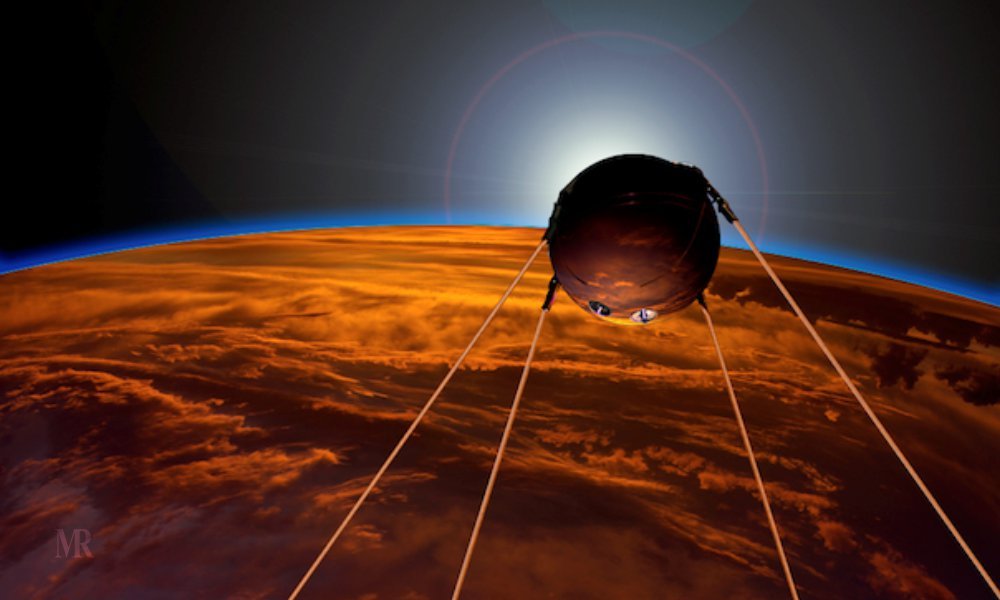
The “Space Race” in the 1960s was not just a technological competition. For the United States and the former Soviet Union, it was also a political battle for bragging rights, for military advantage, and for a strategic edge in the Cold War. During World War II, advances in rocketry had created devices capable of carrying a substantial payload hundreds of miles. Long-range German V2 rockets were launched by the thousands during wartime, and the technology later helped guide the development of larger and more accurate devices.
On October 4, 1957, the Soviet Union announced it had successfully put its Sputnik device into orbit around Earth—the first of what would be a series of tit-for-tat technology firsts claimed by the U.S.S.R. or the United States. The Soviets also put the first lunar probe on the moon, 1959’s Luna 2, and claimed the first manned spacecraft to orbit the Earth with cosmonaut Yuri Gagarin’s in 1961.
But the U.S. program went a step further, achieving the first moon orbit in 1968, followed the next year by the successful Apolo 11 moon landing. The Apolo 11 mission effectively ended the space race. But government support for space research and space programs continued even after the fall of the Berlin Wall on November 9, 1989, and the collapse of the Soviet Union two years later. National Aeronautics and Space Administration (NASA) focused its efforts on the space shuttle program, which had its first launch in 1981, among other projects.
Former adversaries have now collaborated on projects such as the International Space Station, in which scientists from around the world carry out experiments while orbiting Earth. The end of the U.S. space shuttle program in 2011, however, symbolized a shift in the U.S. government’s approach to space exploration. Now NASA is working in collaboration with private companies to carry out space missions, in which Jeff Bezos’ Blue Origin is recent and set for its first leap.
Jeff Bezos’ Blue Origin Vs. Elon Musk’s SpaceX
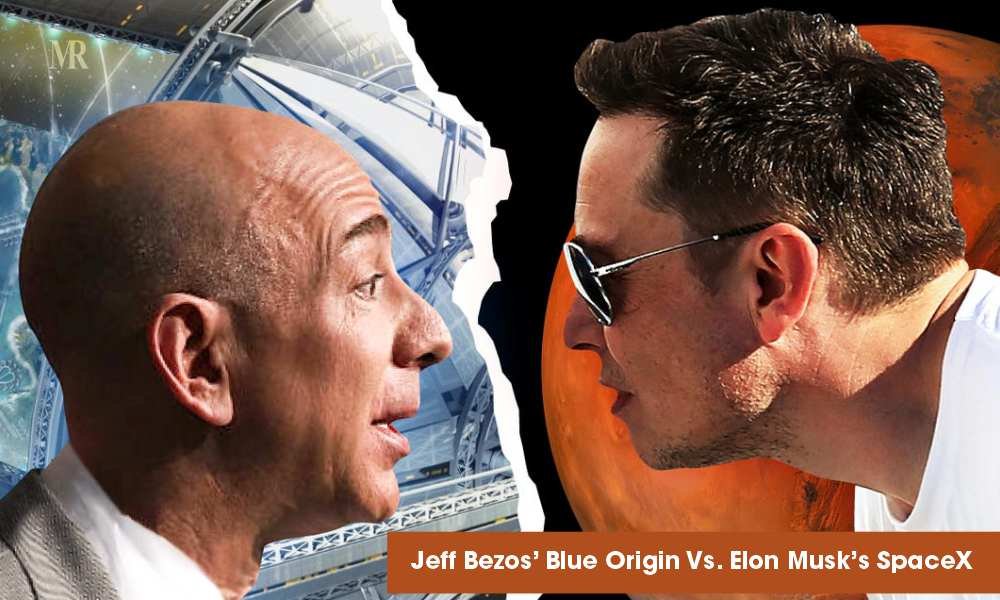
The tragic incident of Virgin Galactic could prove pivotal to the commercialization of space. Branson had said for years that Virgin Galactic was on the verge of shuttling ticketed passengers to a weightless ride 62 miles above the Earth, to the very edge of outer space. Although the company has faced setbacks, Branson insisted after the crash the project would proceed—just as all major exploration has proceeded through the history, in spite of the risks. Branson has even pledged to be on board for the ship’s maiden voyage.
Some of the celebrity ticket holders for Virgin Galactic’s private space flight (Virginauts) include Leonardo DiCaprio, Angelina Jolie, Brad Pitt, Tom Hanks, and Lady Gaga.
Being a player in the space race requires a certain amount of nerve. Technology entrepreneur Elon Musk, the force behind the Tesla electric car started SpaceX to compete in an expanding market for government business. Musk’s vision for SpaceX is not only to shuttle supplies to the space station but also to catalyze a manned mission to Mars. Through the Starlink Project, Musk’s recent mission is to send 12,000 satellites around the globe in which 500 sats have already deployed. Tom Cruise’s plotting a movie to shoot in space with SpaceX, is the most talked mission on the Internet surface. However, Washington-based Jeff Bezos’s Blue Origin is now Musk’s direct competitor.
Blue Origin was founded on Sept 8, 2000, in Kent Washington. The private space company has a $205 million, 750,000 sq.ft manufacturing facility in Merritt Island, Florida. In prior to lower the cost of access to space, Bezos followed Musk’s path to have vertical take-off and vertical landing vehicles as they can be reused multiple times. As of 2014, Bezos had invested more than $500 million of his own money into Blue Origin. According to recent reports, Bezos said he plans to spend “a little more” than $1 billion in 2019.
Both Blue Origin team with $579 million and SpaceX team with $135 million won contracts from NASA to run supply flights to the International Space Station. The future may see private efforts to mine minerals on asteroids or build commercial aircraft that can fly just outside Earth’s atmosphere, making the flying time from London to Califonia only one hour.
Blue Origin – A New competition in Space

Blue Origin is planning to send paying customers to space in the very near future. Jeff Bezos’s vision is to help bring a future where millions are living and working in space. Although Bezos rarely talks publicly about Blue Origin, he said “It’s the most important work I’m doing.” That’s the reason behind the wide range in award totals as each team’s bid and approach to NASA’s goal is different.
After the approval from the U.S. Federal Union Commission, Blue Origin is set to deploy 3,236 Internet Beaming Satellites and is asked to launch 50% of them by 2026. With this mission, Jeff Bezos will become one of the cheapest Internet service providers competing directly with Elon Musk. Blue Origin had successfully launched its 60-foot-tall New Shepard suborbital rocket on December 11, 2019, flew to a height of 343,061 feet. The company is building the 270-foot-tall New Glenn orbital rocket to carry large payloads, which has created 330 jobs with an average annual salary of $90,000. The rocket is named after astronaut John Glenn, the first American to orbit the Earth.

